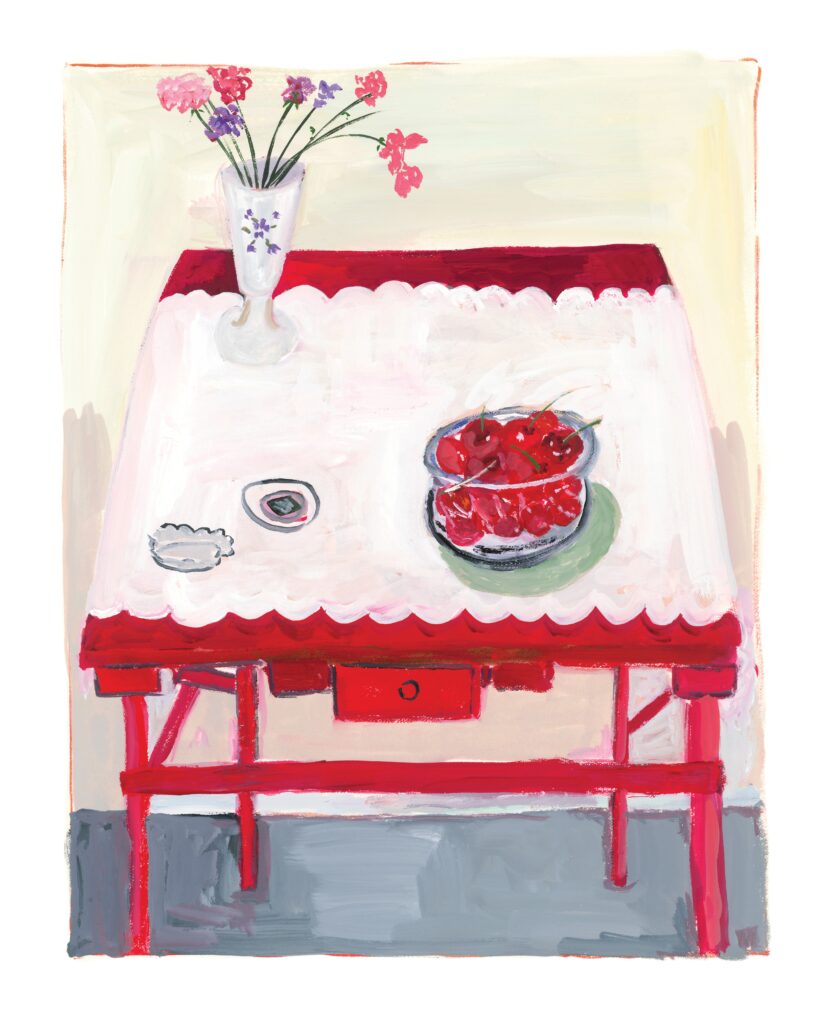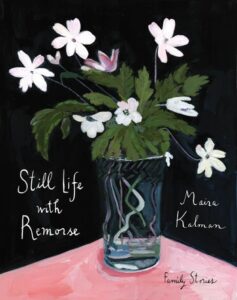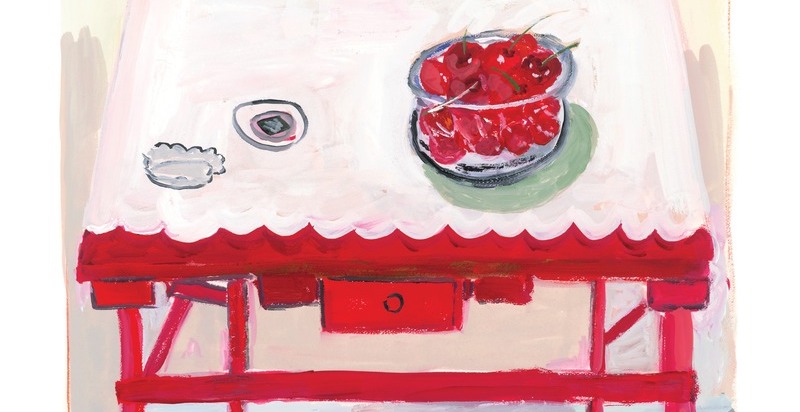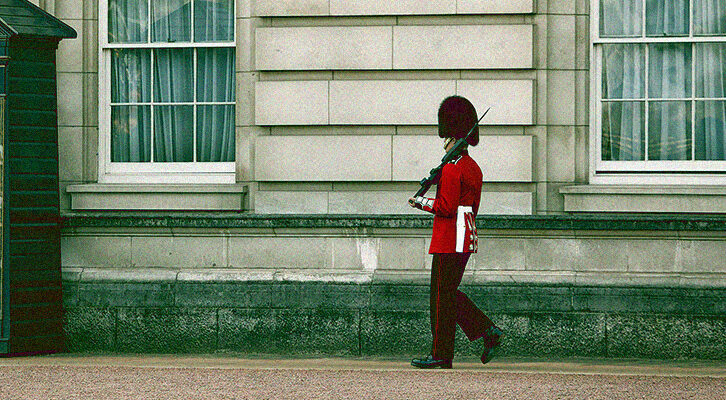Maira Kalman on Losing a Sister to Forced Separation
“How could she be expected to overcome the sorrow of being sent away from the family?”
My sister Kika was born a blue baby. It was 1945 and she had pneumonia.
Penicillin had just been invented by Jonas Salk, who later married Françoise Gilot, who had been the lover of Picasso for ten years and had two children with him, Paloma and Claude.
At any rate, the way that Picasso and Françoise met was this. He was at a café in Paris with his then lover, Dora Maar. He saw Françoise and ambled over to her with a bowl of cherries, inviting her to come to his studio. You know what that means.
And so it went.
But back to my sister.
The family doctor, Doctor Machnitzky, said they must not give her the injection. It was too new and too dangerous. But another doctor, Doctor Rabinovitch, said they must give her the penicillin or she would surely die.
Machnitzky and Rabinovitch stood in the hospital corridor and argued vehemently, their arms waving like furious, broken windmills. Finally, Rabinovitch prevailed, and the penicillin was given, and her life was saved.
At first she was as ugly as a frog.
But she grew up to be a beautiful girl.
However, she had asthma, and in those days,
that was a big problem. She could not breathe.
The doctors said the conditions in Tel Aviv
were not healthy for her.
So at the age of four, she was sent to live in a home in Jerusalem with religious people. Kind of like a Hasidic-Dickensian orphanage. It is hard to understand how that could happen.
This little innocent child was sent to live away from her family.
How could she be expected not to be despondent? How could she be expected to overcome the sorrow of being sent away from the family?
They believed it was for her well-being.
But no no no.
What remorse
we feel to this day.

__________________________________

From the book Still Life with Remorse by Maira Kalman. Copyright © 2024 by Maira Kalman. Reprinted courtesy of Harper Influence, an imprint of HarperCollins Publishers.




















